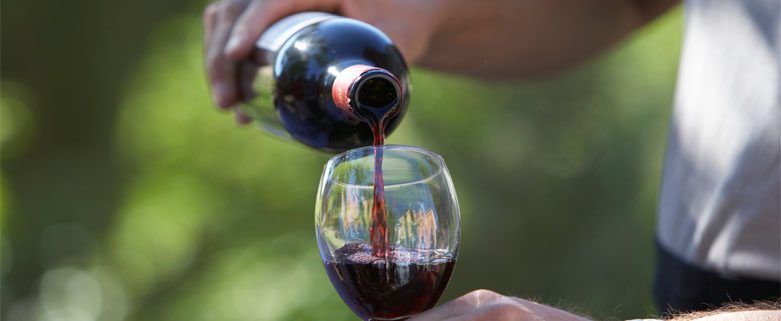Resveratrol, found in red wine, is being used in drugs produced by doctors to help slow down the ageing process. The compound acts by boosting activity of a protein called SIRT1, and is currently being tested by a pharmaceutical firm on people with medical conditions such as Type II diabetes and psoriasis.
“This will be a major step forward for the field,” says David Sinclair, a molecular biologist at Harvard Medical School in Boston, Massachusetts, and lead author of the study.
“Things there are also looking promising. We’re finding that ageing isn’t the irreversible affliction that we thought it was.
“Some of us could live to 150, but we won’t get there without more research.”
Processor Sinclair also warns that the discovery has some people spooked and unwilling to delve further into the study of these molecules.
He explained that increasing SIRT1 activity improved how well our cells operated, making them faster. The drug had previously been tested on mice, bees and flies, all of which proved to live longer after being given the SIRT1-boosting compounds.
Current trials are looking at how the compounds may be able to treat cancer patients, as well as those living with Type II diabetes, Alzheimer’s, cardiovascular diseases, and other age-related diseases. Prof. Sinclair believes that, in the same way statins are used today to help prevent stroke and heart disease, these compounds may be able to slow down the development of a wide range of diseases in the near future.







